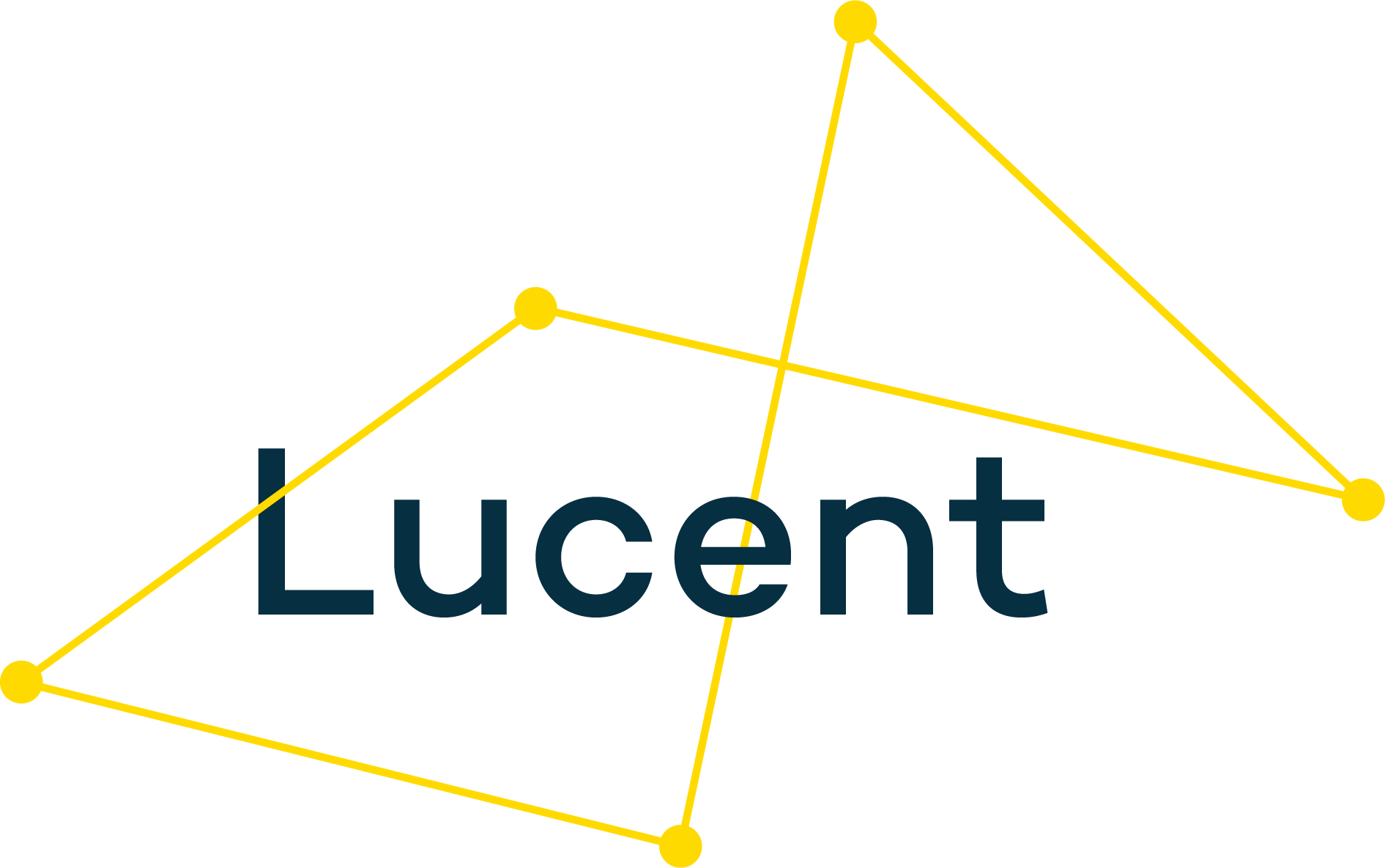Summer reading for changemakers
Whether working, spending time with family, or taking a break, the longer summer days always used to feel like a good time to take stock of the year so far: to reflect and maybe read something new.
Upstream by Dan Heath starts with the insight that “every system is designed perfectly to get the results it gets”. Using numerous stories, the author illustrates how this dynamic works. He describes ‘problem blindness’ as a starting point, where we too readily accept how systems work and so tend to see negative outcomes as largely intractable and beyond our control.
At Lucent, we encourage clients to attend to the ‘Why’, ‘Why us’, and ‘Who’ questions in our strategy framework, before reflecting on ‘What’ they actually deliver and whether there could be other ways to accelerate their mission. Heath recognises the important work that many social sector organisations do ‘downstream’, but encourages us to pursue ‘upstream’ options wherever possible. This very readable book offers useful ideas for those seeking to do so.
What Nature Does for Britain by Tony Juniper is an excellent whistle-stop tour of the natural resources that we all rely on and how we can protect and restore them. Having spent most of my life living in flats in London, I haven’t had/taken the opportunity to visit many organic farms, wind farms, salt marshes, or waste water treatment facilities before, so it was an enjoyable and socially-distant way to ‘visit’ them from the comfort of my own home. I also read The Hidden Life of Trees this year, which is an enlightening and evocative depiction of how trees and forests work.
I can’t remember where I learnt that the best way to engage very young children with the climate emergency is to start by teaching them to love and care for nature. I’ve tried to do this with my 5 and 2 year olds during lockdown. These books have provided me with some excellent material to surprise them with on our nature walks.
Like many others, I desperately hope one of 2020’s spill-overs will be into a green recovery agenda. The Future We Choose by Christiana Figueres and Tom Rivett-Carnac presents the upside and downside visions of what life will be like in 2050 depending on what we do next. It helpfully talks about the mindset changes that we need to engender if we are to move towards the right solutions. In some ways, I see these as the grown-up equivalent of teaching kids to love nature.
Finally, a self-help book that may seem trivial at first (example: why don’t I use dental floss as often as I should?). Tiny Habits by BJ Fogg, founder of the Stanford Behaviour Lab, is about what underpins individual behaviour change: our motivations, abilities, and prompts. The book offers a structured framework that can be applied to many different goals – that focusses on aligning our motivations with specific, actionable behaviours. There are good reasons we don’t floss as regularly as we should (I use the royal ‘we’ here to spare my own embarrassment). With such behavioural change, Fogg argues, we need to be honest about barriers and not assume that simply having the right motivation will get us all the way there. It doesn’t seem like a bad message for anyone involved in social change in 2020.
Written by Charlotte Ravenscroft, Consultant

